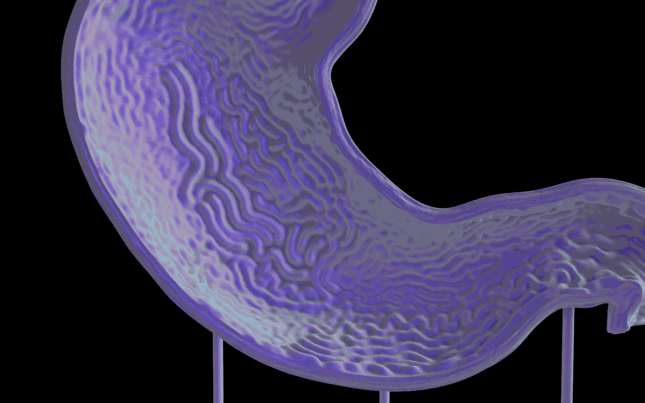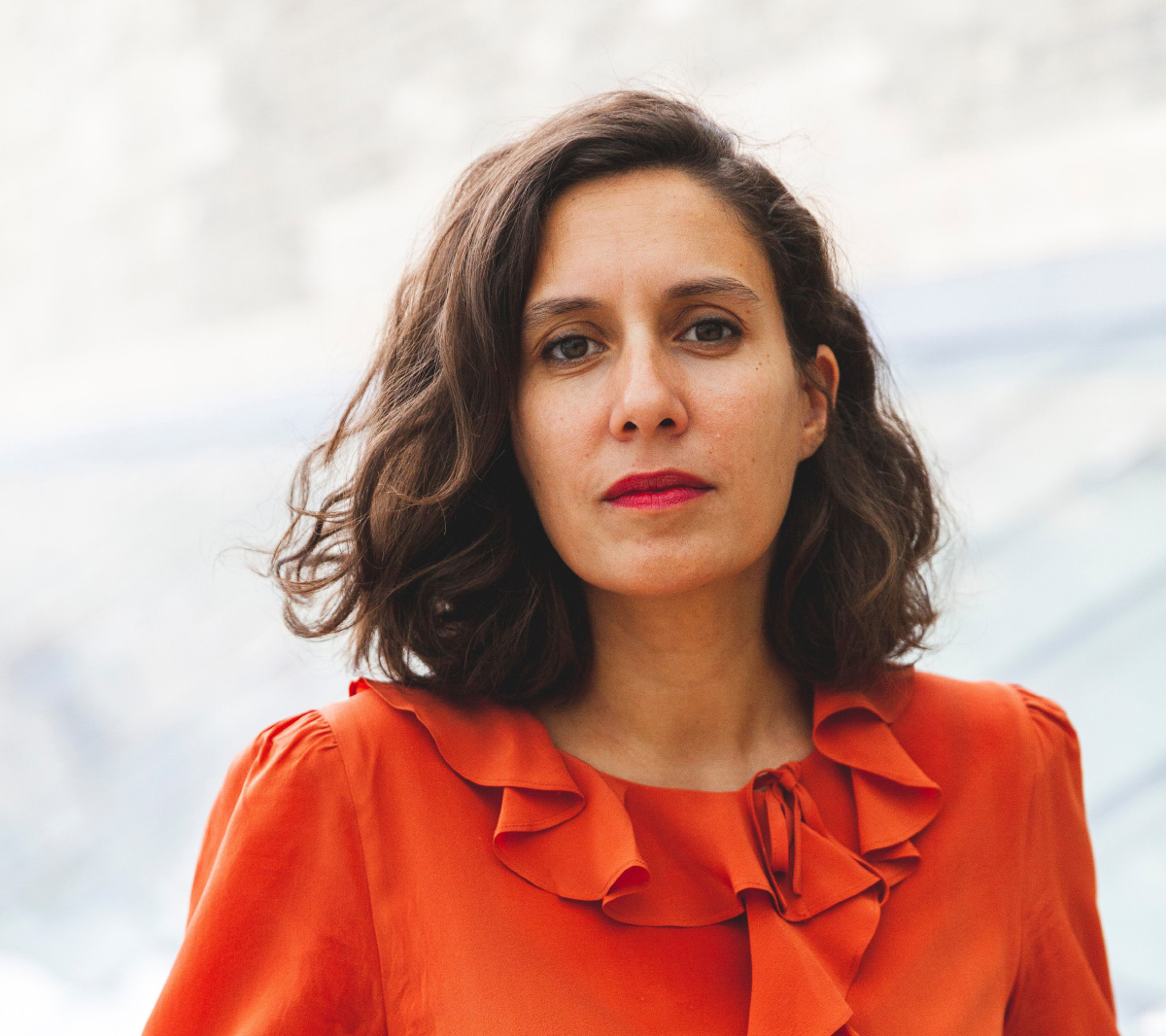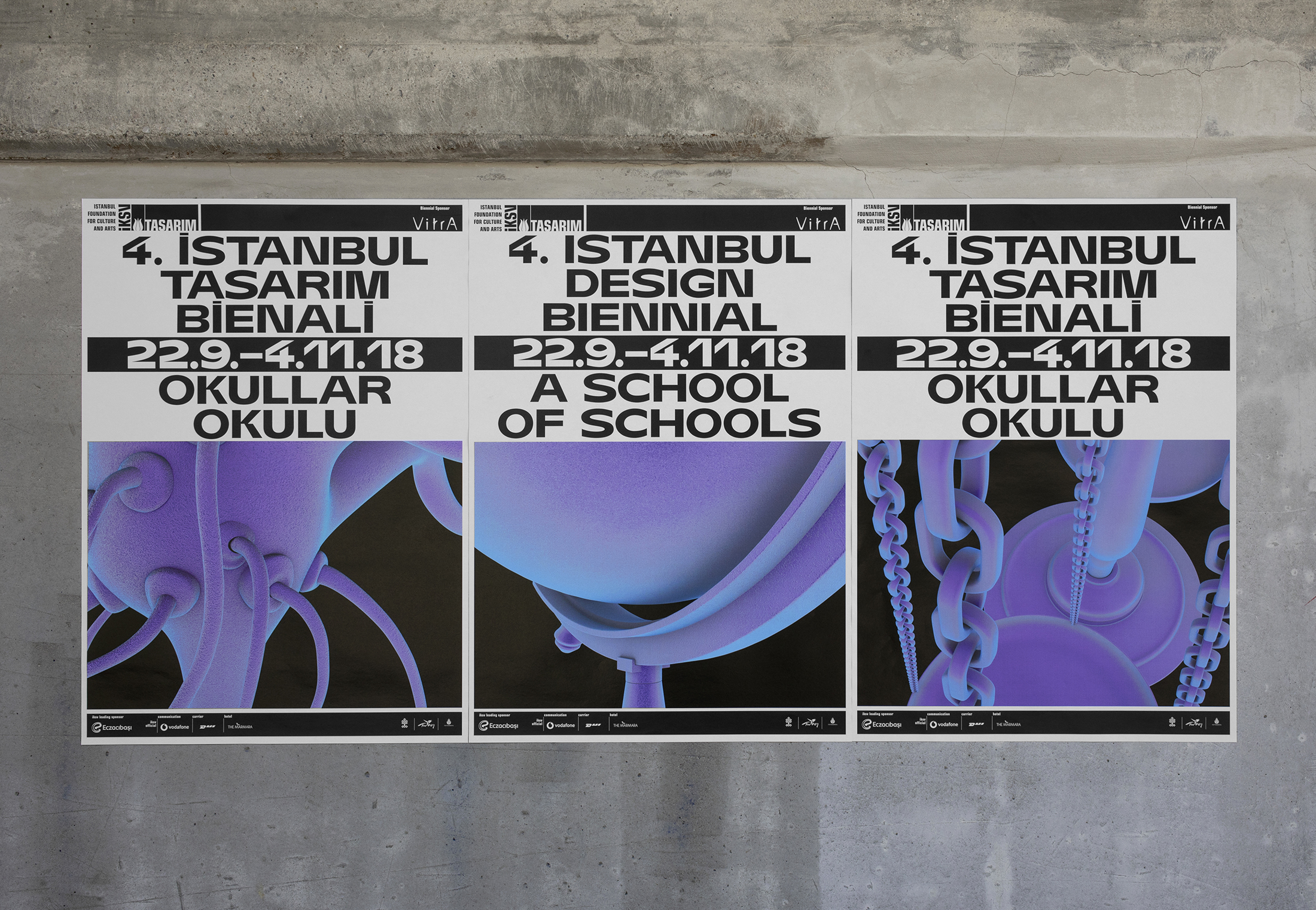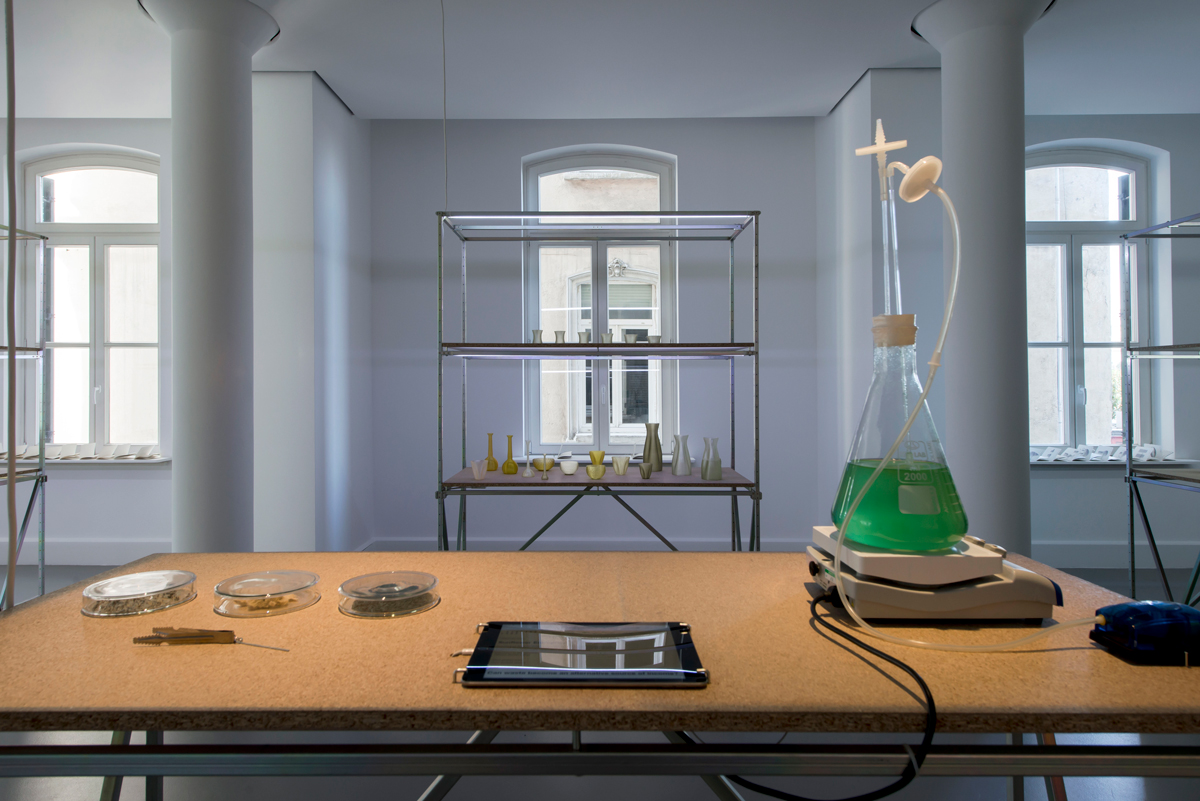The 4th Istanbul Design Biennial will open on September 22 and will seek to generate new ways of thinking about education in the age of artificial intelligence and ubiquitous technology. The six part Biennial will be themed “A School of Schools” and will be curated by Jan Boelen with Nadine Botha and Vera Sacchetti. The speculation on the possibilities of learning in the 21st century comes at a time of profound and rapid change in the ways we disseminate and receive information. The show is organized by the Istanbul Foundation for Culture and Arts (İKSV) and sponsored by Vitra and will run from September 22 to November 4. AN sat down with Boelen to discuss the upcoming opening and what we can expect.

The Architect’s Newspaper: How is the Biennial shaping up? What are the latest developments?
Jan Boelen: The 50 participants will be grouped into six categories. Each venue will have a zone for each theme. In addition, there will also be a public program, which is very important because the exhibition is not just the exhibition, but also the production and pedagogy.
What are some of the physical outcomes of the open call?
The open call has produced a diverse selection of ideas, proposals, and concepts from many disciplines that want to rethink design education. We are all framed by traditional systems of education, so we are trying to uneducate ourselves and start over. This is difficult, but we are using the Biennial as a space of exception, a place to experiment and try new things.
The studio or practice is a place of learning, and the traditional architecture and design education is also a place where learning happens. However, these places have fixed outcomes, so we are investigating an idea that maybe a Biennial can come up with new models. It is a freespace for experimentation and coming up with alternatives. Furthermore, the Istanbul Design Biennial is a cultural event, rather than a hybrid format like some other events. For us—as well as the Istanbul Art Biennial—producing culture is part of the mission. Innovation can happen here and new ideas can be tested here.

Who do you see as the audience for this?
This has been one of the challenges of the last few months. We had a huge amount of applications, and we were overwhelmed by over 700 applications. It shows that there is an interest in the brief, and it came from people close and far, and from people in and out of academia.
We had to ask, “Why do we need a change?”
Obviously, the world is changing and therefore design is changing. There is an expanded field of design: It can be speculative, critical, or relational. There are also pragmatic solutions such as objects and outcomes. But too often, it is more of the same solutions that created the problems that we have today. I am not only critiquing it, but I think we really need it. By critiquing, by speculating, by building new relationships, we can rethink the design field itself.
Hopefully, we can have this discussion with the professional field.
What details can you give about the exhibition?
We are building the exhibition that way now. It has several layers and ways to enter. We want to have two, three, four immersive installations that are related to the body. You don’t need to use your brain, but the experience is a conveyor of knowledge. This is why we want to make an exhibition and not just a book or a class. This way we can access a larger audience.
The second part is that in each place, there will be a Wunderkammer, a “cabinet of curiosities” or a place of learning. It is a place to show off the knowledge that you have and share it with your visitors. It will be a kaleidoscopic place where design projects, etc. will show the theme.
There will be places of learning, like classrooms that we will adapt depending on the content. We will use the exhibition as a place for learning.
What is specific to Turkey here? Anything?
We want to make this international, not just about Turkey. Design can make alternatives. We want to make sure we say that there can be multiple voices, not just one.
I did a research trip to Turkey before I made the proposal for the School of Schools. It became clear to me that thinking about education was important for Turkey, especially new platforms and alternatives that the Biennial offers. I want to create a shared space for people to connect and share information and knowledge.
What is the advantage of the Biennial as a site of dissemination?
The content may not be so different, but the content will be presented staged differently. The biennial will become a school. The arts institutions are becoming research centers. The reformation of these things is a challenge.
My comment and critique of the design biennial is that it is too often a cut and paste of the art biennial model. In a way, this is good, because it approaches design from a cultural lens, but it also disregards that design and contemporary art are fundamentally different things with different codes and processes.
—
The list of participants was announced recently:
[AI]stanbul (TR/US)
AATB (CH/FR)
Åbäke (FR/UK)
Bakudapan (ID)
Kerim Bayer (TR)
Cihad Caner (TR/NL)
Ali Murat Cengiz (TR/NL)
Taeyoon Choi (US/KR)
Commonplace Studio (NL)
Jesse Howard (US/NL)
Tim Knapen (BE)
Danilo Correale (IT, US)
Amandine David (FR)
Teis De Greve (BE)
Derya Irkdaş Doğu (TR)
Eat Art Collective (NL)
Ecole Mondiale (BE)
FABB (TR)
Studio Folder (IT)
Avşar Gürpınar and Cansu Cürgen (TR)
Mark Henning (NL/ZA)
Nur Horsanalı (TR/FI)
Ils Huygens (BE)
Navine G. Khan-Dossos (UK/GR)
Roosje Klap (NL)
Land+Civilization Compositions (TR/NL)
Pedro Neves Marques (PT/US)
Margarida Nunes da Silva Mendes (PT)
Alexandra Midal (FR)
Carlos Monleón (ES/UK)
Gökhan Mura (TR)
Martina Muzi (IT)
Nelly Ben Hayoun Studios (FR)
New South (FR)
Camilo Oliveira (BR/IT)
Thomas Pausz (FR/IS)
Ana Peñalba (ES)
Juliette Pepin (FR)
Charlotte Maeva Perret (UK)
Radioee.net (AR/USA/NL)
Emelie Röndahl (SE)
Helga Schmid (DE)
Judith Seng (DE/SE)
SO? (TR)
Studio Legrand Jäger (UK/DE)
Studio Makkink & Bey (NL)
SulSolSal (NL/ZA/BR)
Jenna Sutela (FI/DE)
Ali Taptık and Okay Karadayılar (TR)
Jennifer Teets and Lorenzo Cirrincione (US/FR)
Unfold (BE)
Ottonie Von Roeder (DE)
Henriëtte Waal and Studio Klarenbeek & Dros (NL)
Mark Wasiuta (US)
Lukas Wegwerth (DE)
Pınar Yoldaş (TR/US)
Peter Zin (NL/PT)











